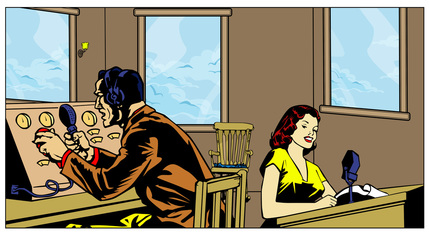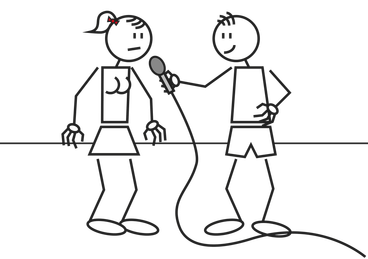|
Radio Application Form Tips In 2001, I was putting together my fifth application form to the BBC. In the past four years, I'd been rejected four times, and I couldn’t figure out why. I had lots of experience, but I wasn’t getting shortlisted for any interviews. One of my volunteers, a guy called Peter, had a job helping unemployed people find work. He lent me the book: 'The Complete Idiot's Guide to The Perfect Interview'. Talk about a great book.You can find it here on Amazon. Tip Don’t tell them how good you are. Tell them how good you are for the role. The book taught me to realise that the job description is the key to your application. This point sounds simple, but it’s essential to understand. In all of my previous applications, I was telling employers how experienced I was, but I wasn’t directing that experience specifically to the job role. Remember, don’t tell them how good you are, tell them how good you are for the position. You have to go through the job specification in detail. Anytime it mentions a particular skill, match that skill with real-life experience. Next, provide a concrete example from your life. That's the trick. Tip Always find an example from your past work, which matches the skill the employer wants. Below is a mock version of an application form to be a BBC studio manager. Radio Kings refers to a hospital radio station that I volunteered at, and K2K refers to a community station that I helped. For any job that you apply for, this is the first step you must do. Go through the form and match real experiences to the skills they're after. I apologise for my terrible handwriting! The Problem Solver Think of your application as being a problem solver. The candidate skills they're looking for are problems that the company needs solving. Once you've found the problem (the skill they desire), then find a similar example from real-life. Show them how you solved that problem. And do this for 90% of your answers. Just make sure you find different ways of phrasing how you addressed the issues. Work through the form line by line. Example: 'Experience of successful working in teams with an ability to form effective working relationships quickly, to inspire confidence and to influence others'. 1. Find an example from your real life. We want to create a mini-story for each skill required. If you’re not experienced in radio, then find examples from previous jobs, volunteering, etc. Ask yourself: Was this case typical or had something gone wrong? Did you have to step in and help out? 2. What skills, training, or education did you use to solve the problem? 3. What behaviour traits did you use to fix the problem? 4. What happened at the end of this situation? (Only provide positive answers). 5. What did you learn from the problem? Give a precise answer. Was time saved? Was money made? Was money saved? Were you a team player in this example? Did you have to act alone? Make a Short List for Each Skill They Want Here I'll take an example from my hospital radio experience to address the example question above. Every week I had to perform a ward round with the team. Going on to the wards is scary, and some volunteers didn’t want to do it. I spoke to them, and I showed them I understood their fears. Through dialogue, I built a relationship with them, and I showed them why we did ward rounds and what benefit it gave the patients. I used skills of understanding, reasoning and communication. I got these skills from dealing with patients and staff every week. The result was the volunteers did the ward round and felt brilliant afterwards. I learned to understand colleagues fears and apprehensions, and I learned how to encourage and give confidence. The outcome was we managed to perform a ward round that cheered up the patients. Turn That List into a Written Story (This may be a tad long. Woops!) ( O_o) For five years at Radio Kings, all volunteers had to carry out a ward round once a week. Volunteers had to go up onto the wards and talk to the patients. My job was to collect the volunteers and bring them up to the hospital wards to interact with the patients. Once on the wards, our job was to ask for song requests or to offer a friendly ear to patients in need. Many times patients were afraid and just wanted to talk to us. On some occasions, patients could seem downright hostile to the volunteers. For this reason, many volunteers avoided ward rounds. With volunteers not turning up, the station had to sanction people for non-attendance. Not enough people turning up meant we couldn’t do our job correctly. It was a big issue for the station. My role as the volunteer coordinator was to understand my colleague's fears and to offer them encouragement and confidence. I would always explain to new volunteers in advance that patients could get aggressive; however, under no circumstances should they take it personally. The best way to deflect a patient's aggression was to listen, understand, and empathise with the patient's comment. Once I explained their aggression came from a fear of not being in control, then the volunteers became more understanding. They realised the patients were scared and wanted to offload onto somebody. The result of my interactions with the new volunteers was that nobody avoided ward rounds in the future. Once the new volunteers began to see the effect they were having, station morale went up. Five years of dealing with patients and staff at King's College Hospital gave me skills of understanding, reasoning and communication. Do This for as Many Points as You Can Develop a collection of short stories for the areas that they want. Have at least five examples of the above. Try to get this into your application form as much as you can, but do keep it varied. Introduce these stories in different ways. Remember, you’re a problem solver. Don’t tell them how good you are, tell them how good you are for the role. IMPORTANT : DO NOT OVER EMBELLISH! In other words, don’t make any of it up. On my second BBC application form, I stated I'd set up bands in my hospital radio station. I hadn’t. I'd only miked up a few acoustic singer-songwriters. The BBC interviewers asked me in-depth questions about miking up a band. I couldn’t answer them. They knew I was lying. It was an excellent lesson for me. Push the boundaries; however, make sure that every example you provide can be backed up with real-life 'honest' experience. If you can’t, they will find out! If you don't have enough experience in a particular area, go away and find it. Look at the application form and see where you need to beef up your skills. Next, find a station and get more experience. In the future, it'll help your application forms. Job Interview Advice Let's say you've got an interview. Here's some very quick interview advice that helped me break into the BBC. Know as much as you can about the employer. Understand their needs and problems. What are the needs of the industry? How can you help the company meet these requirements? Educate your employer. Show them how you will assist them. Focus on the company's needs and be their solution to their problems. Showcase an image of stability. They'll want employees who'll stick around. Speak with enthusiasm about the company's mission. Show them how you intend to dedicate yourself to their goals. Have about five stories prepped that will showcase your skills. Don't tell them how great you are, show them you're their solution. Give your answers in a way which demonstrates your interest in them. With all your answers, focus on their needs, their concerns, etc. Give answers which demonstrate how you'll save them time and money. Employers always want to save money and time. Frame your answers to showcase how you'll do this. Learn where to find show ideas. Discover how to show prep like a pro. Master the mixing desk. What it is, how it works and how to use it. Discover what you shouldn't do as a presenter. Ashley Cowan runs the Online Radio School where he tutors in radio presenting and media interviewing techniques. He was a BBC World Service, Radio studio manager for nine years. He was also the station manager for Radio Kings, the hospital radio station for Kings College Hospital. Other crimes include being the training manager for K2K Radio & Whitechapel AM. As a radio presenter, he once hosted radio shows on three FM radio stations. That was back in the day when FM radio was a big deal. The poor radio stations that had to put up with his brand of terrible comedy were: Radio DÅB, FLR 107.3 FM, and City FM. When he's not writing about himself in the third person, then he was also a community radio DJ at Radio Kings, TGR Sound, Sydenham Radio, and Croydon Radio. He once did production work for Total Rock.com. That was a fun station with a cool owner and a great broadcast team! Brown fizzy water often accompanied the broadcasts! Learn To Be A Radio DJ Now! |
Ashley..
is an ex BBC, radio studio manager, and the ex manager of Radio Kings, the hospital radio station for King's College Hospital. He's presented on three FM stations and waaay too many community stations. Archives
May 2020
Categories
All
|
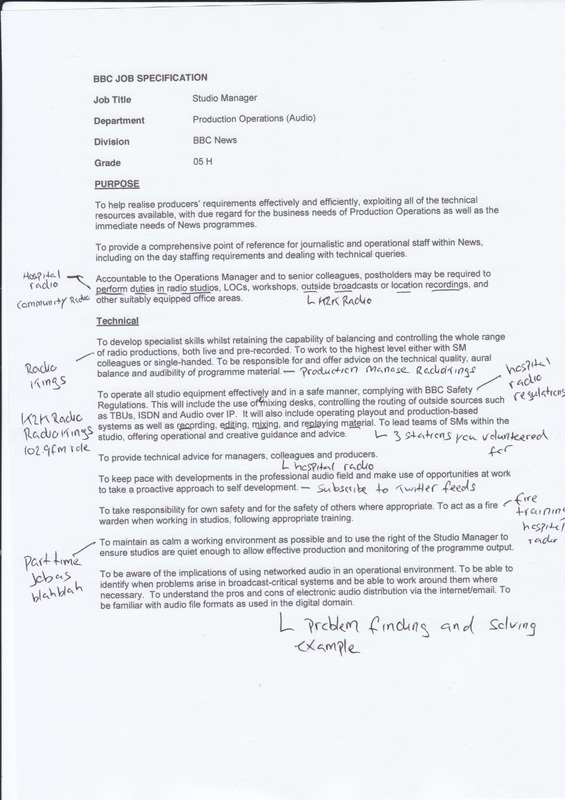
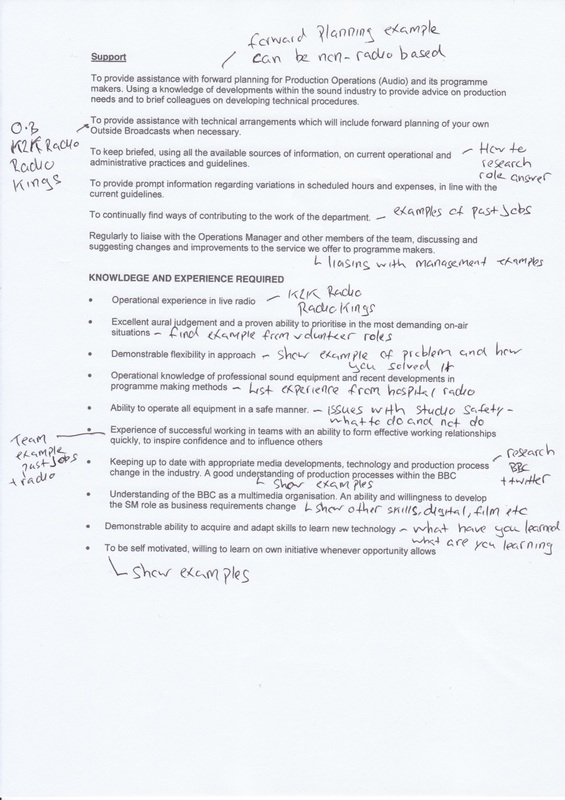
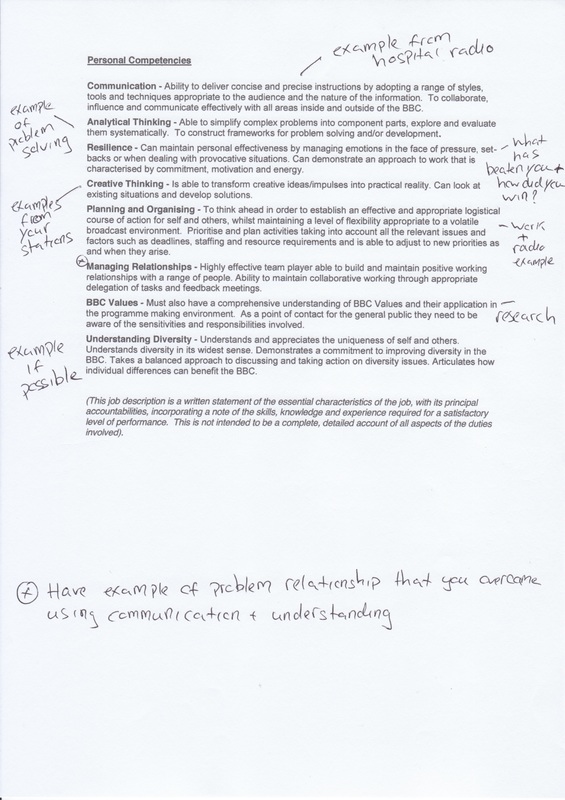
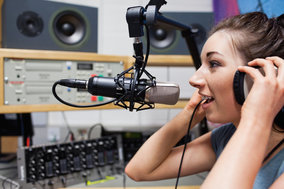
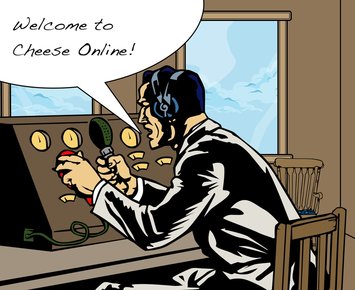
 RSS Feed
RSS Feed
